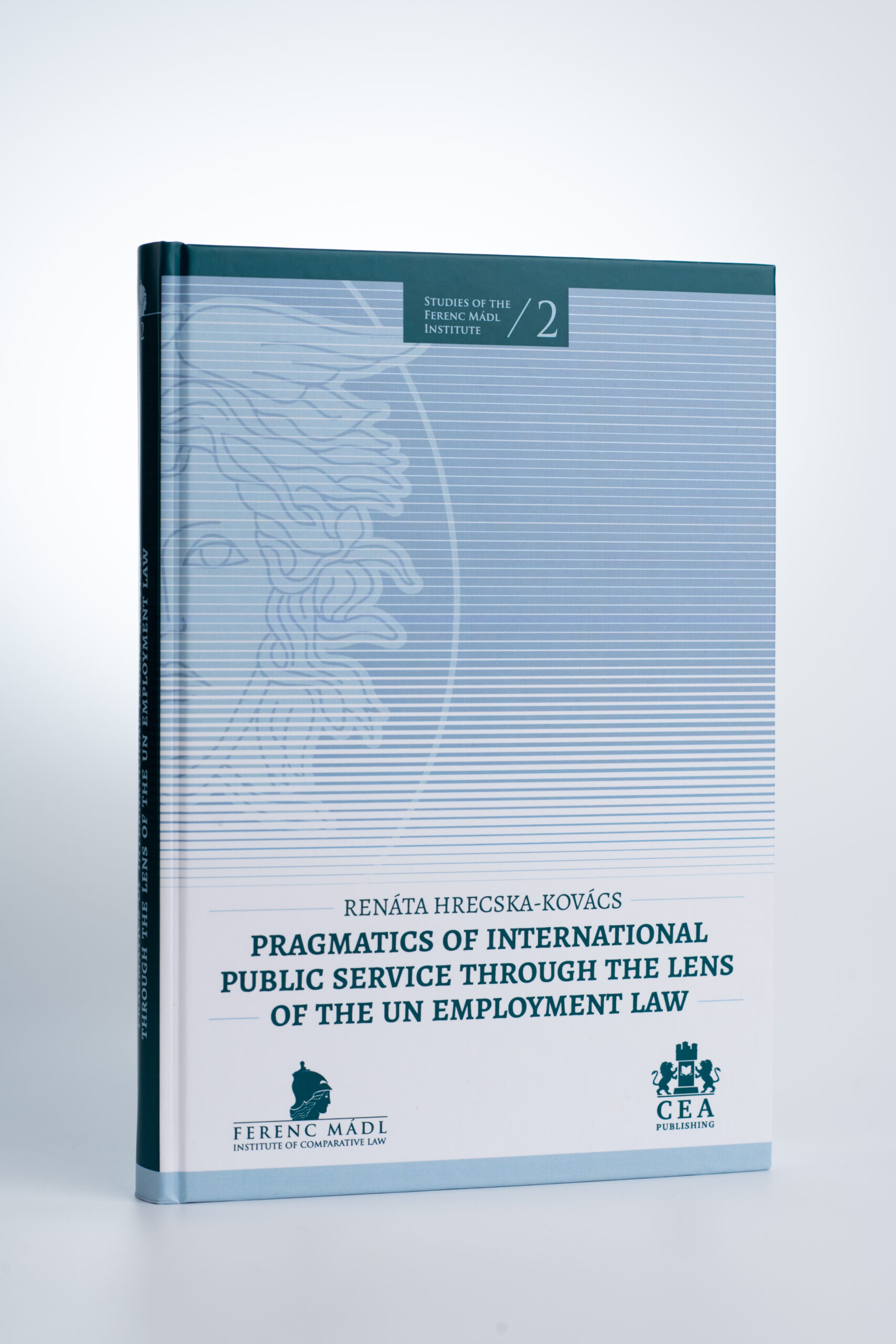Abstract
With the present research the author aims to show how the specific employment relations of international organisations relate to the ethos of public service in the global sense, to the structural models and organisational cultural foundations that have emerged. To this end, it compares the United Nations Staff Regulations, related lower-level internal legal sources and the jurisprudence of the organisation’s administrative tribunal with the specific characteristics of the main national civil service models. The author draws conclusions based on the dogmatic foundations of international and national civil service, which will provide the reader with the essential elements of civil service pragmatics.
In the first part of the book, the author provides a general theoretical grounding, detailing the legal history and theory of public service regulation, the place of international organisations in legal systems, the role of morality in international law, the collision of national and supranational interests and the possibilities for compromise. In this section, the author explains why the UN’s internal service relationships do not fall within the scope of private employment relationships and why they constitute a unique segment of the civil service.
The second major section provides an insight into the creation, modification, amendment, termination, expiry and content of the employment relationship. In this section, the author has drawn on specific legal sources as the basis for her research, and thus presents the legal institutions under discussion with a precision that strives for completeness, explaining to what extent they are similar to European and Hungarian regulatory solutions, and to what extent and for what reasons they differ from them.
Finally, in the final part of the work, the author examines the labour relations and dispute settlement organisation of the public service sector, showing that the methods of representation and negotiation in the United Nation differ significantly in some places from similar legal arrangements in national public service systems, highlighting and illustrating both the advantages and disadvantages of this phenomenon for the application of the law within the organisation.



